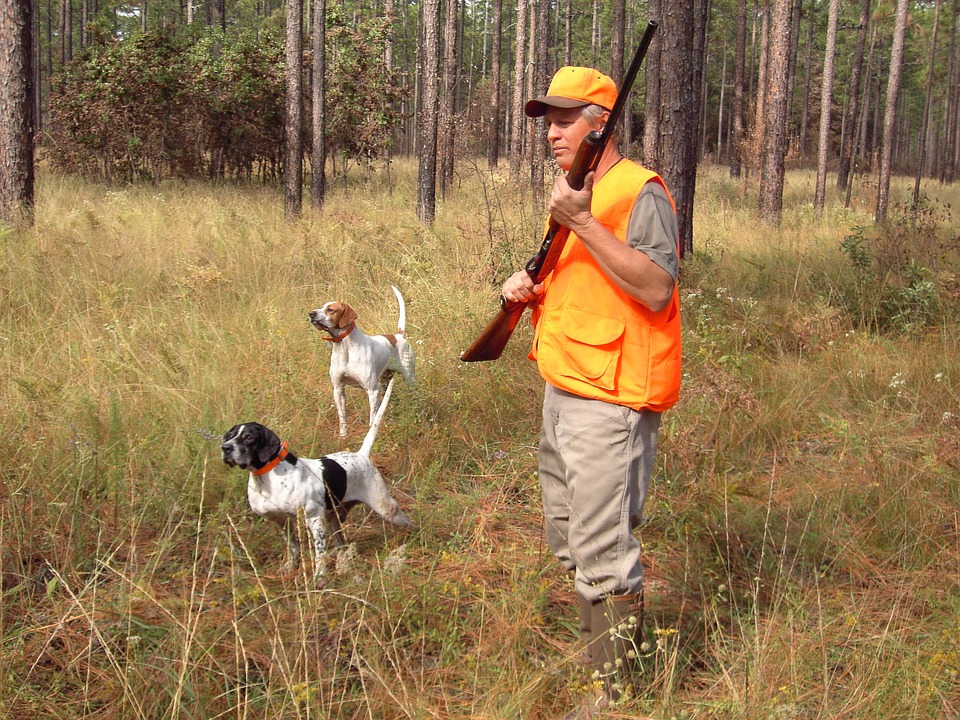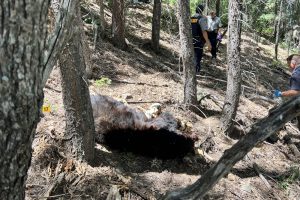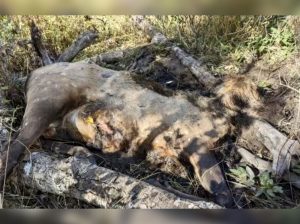Setting a new record in 2015, the Pennsylvania Game Commission reported that the 23 hunting-relating shooting incidents across the state last year were the lowest number of incidents on record.
Collecting data on hunting-related shooting incidents since 1915, the state has continually posted stellar safety results after implementing its hunter education training program in 1959. Hunting-related shooting accidents have declined nearly 80 percent since the program’s inception and Game Commission Executive Director R. Matthew Hough still believes there is improvements to be made, but is happy with the results so far.
“There still is work to do, because even one incident is too many,” Hough said in a statement. “But if you look back at the hundreds of incidents that occurred year after year in Pennsylvania decades ago, it really is remarkable how far hunter safety has come – and it’s been accomplished largely through a team of hard-working volunteers dedicated to making hunting continually safer.”
Typically the state sees at least one fatality each year resulting from a hunting incident, with the exception of 2012, which marked the first year Pennsylvania went without a reported fatality. Before last year’s numbers were released, the previous record-low was recorded in 2013 when 27 incidents were reported.
The future looks bright for hunter safety in the state of Pennsylvania. Not one of the 23 incidents reported in 2015 involved a youth participating in the Mentored Youth Hunting Program, which allows hunters under the age to harvest certain species when accompanied by a licensed adult.
Game Commissioner Jim Daley went on to recognize the key role of over 2,300 volunteer instructors who administer safety courses throughout the year.
“Pennsylvania has reached many safety milestones, particularly in recent years, but also over the 50-plus years since hunter-education training first began,” said Daley, who chairs the commissioners’ Information & Education committee. “A lot of hard work, and many, many volunteer hours have led to these results. Every student we teach becomes an ambassador for safe, responsible and ethical hunting; over time this model has created a cultural shift among hunters as we work to make hunting in Pennsylvania even safer. I think we all can be proud of how far we’ve come and can look forward to continued improvement.”




